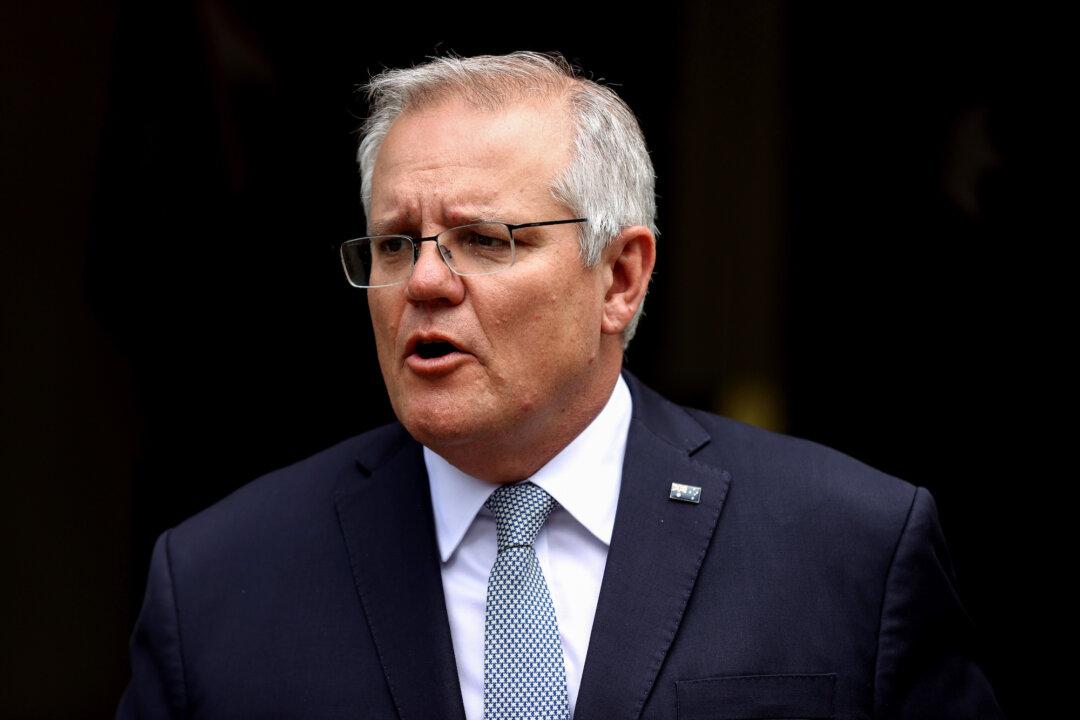Australian Prime Minister Scott Morrison has been accused of backpedalling on his electric vehicle (EV) stance following new incentives encouraging the uptake of electric vehicles.
Morrison announced a $178 million (US$131 million) boost to its Future Fuels Fund, with a total of $250 million (US$184 million) now allocated to increasing accessibility to affordable electric vehicles.





